Helen Hunt, 60, Stuns During Her Latest Appearance, and Her Lips Become the Center of Attention

Humanity’s facing the greatest danger ever. Our Sun’s fading. In 500 years, the entire Solar System will be plunged into darkness and eternal cold. To save our civilization, people begin to build a huge spaceship that will accommodate the population of the whole world inside, and go into deep space.
In less than 400 years, the construction of the ship is finally completed. The Sun is already nearing its end — it’s much smaller and cooler, making the climate on Earth cold and harsh. You and the rest of the inhabitants of the planet are going to board the greatest ship in history.
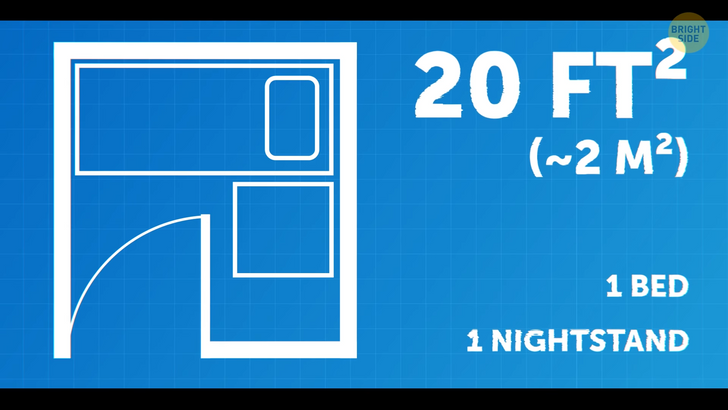
The boarding itself began several years ago before the ship was even fully built. To avoid a multi-billion crowd, an electronic schedule was organized, sending invitations to those whose turn it was to board soon. Several million people could board within a month. The main rule is to travel light.
You bring two sets of clothing, personal hygiene items, a phone, headphones, and your favorite book. You arrive at the boarding site and see a huge ark, the size of a large island, twice the height of the Empire State Building. Around the ship, there’s a huge city clinging to its walls.
Construction workers and engineers have been living here for decades. You’re standing in a long line, one of a hundred. Access to the ship is granted to those who have a valid ID. The ID is linked to that person’s resting area.
One person is given 20 square feet of space. There’s a bed and a nightstand inside [20 ft² (~2 m²)]. Of course, there would need to be much less space if people would just lay down in sleep capsules and flew to a new planet. But no planet suitable for life has been found yet, so the ship is going to be your home for a long time.

Much of the ship’s space is occupied by the engine room. Huge power generators and powerful engines will support the long-term movement of a heavy ship in outer space. At last, the boarding and settlement is over. The engines are starting.
A voice is coming from the speakers throughout the ship, counting down from ten. These are your last seconds on Earth. The ark takes off, burning down the whole area it was standing on. People look down at their receding home with sadness, but it’s replaced with hope as they turn their gazes to the skies.
The whole ship is divided into 200 large sections, varying in size. Each section is a country. Despite this division, the rules on the ship are the same for everyone: generate energy, keep the peace, and help each other. The energy is produced by exercise bikes.
A person pedals and generates kinetic energy that fuels the engines. This is everyone’s daily duty. For at least an hour every morning, you take an exercise bike and work out, ensuring normal operation of the ship, maintaining your physical activity, and reducing stress. Then you eat and go to work. Here, just like on Earth, you pass by shops, libraries, and cinemas.
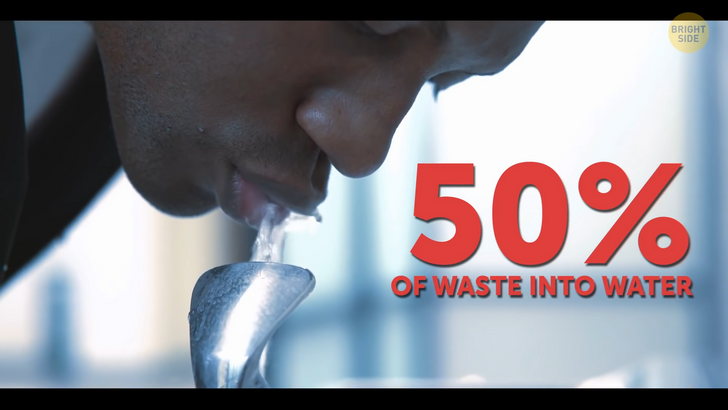
The currency is unified for everyone on board. With the money you earn, you can move from your small cabin to a larger one. And of course, just like on Earth, some people easily get a lot of money while others work 24/7 for a penny. This inequality doesn’t bother you so much as it used to, though.
People of the future have learned to appreciate peace and quiet, so no one risks fighting in the limited living space amidst the black void. Throughout the ship, there are nature zones. These are small botanical gardens that are grown with the help of artificial light. Plants give oxygen to the ship and help people feel more at home.
Water reserves are large but still limited. To help conserve it, people process their bodily fluids. They’re collected in special tanks, filtered, carefully purified, and then sent back to the drinking and technical water vessels. Every person turns over 50% of their waste into water. Fresh water is replenished from space itself.
Once every few years, the ship approaches a planet. With the help of scanners and X-rays, geologists find underground rivers or lakes. Then they send a drilling rig there, pump out the necessary amount of water, and pull it back to the ship.
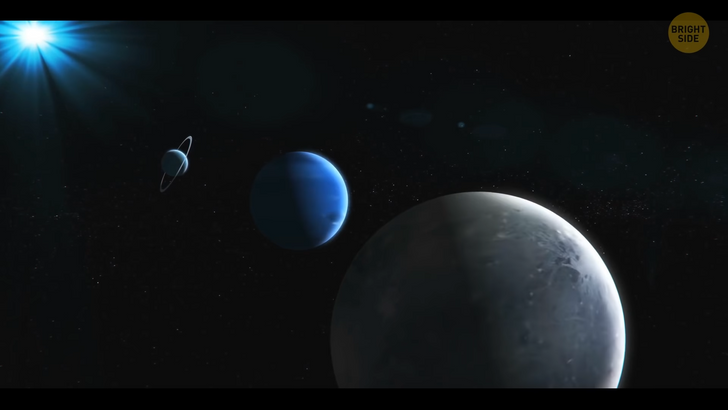
Unfortunately, there’s nothing useful on these planets except water. Most planets don’t have an atmosphere and are unsuitable for human life. People are looking for a place with ideal conditions; they’re looking for the Earth’s double. With the help of modern food technologies, scientists have managed to replace natural vegetables, fruits, and meat with artificial ones. Real apples or potatoes are also available, but they’re rare and extremely pricey.
Now, the ship’s been plowing the expanses of space for several decades. People are used to their new way of life. Children are born, generations change. The kids born and raised on the space ark listen, wide-eyed, to stories of old people about how beautiful life was on Earth. But with every passing year, fewer and fewer of those who remember their home planet are left on the ship.
The ark’s children are slowly coming to accept that the ship may remain their home forever, but they still continue to search. Scientists use powerful telescopes and equipment to explore space, and every day they seek potentially habitable planets. Still, nothing’s nearby. The most promising worlds are thousands of light-years away from the ship.
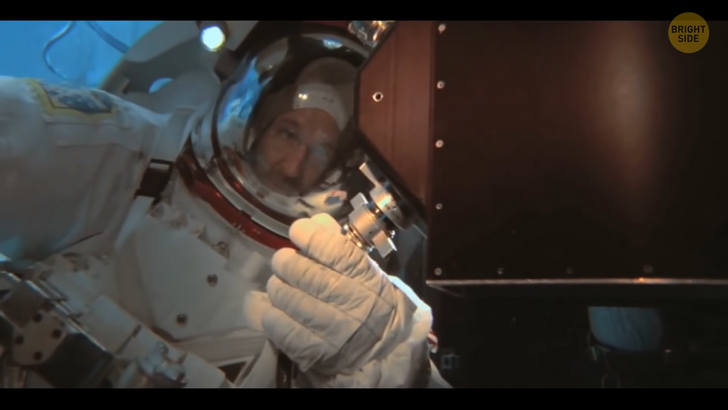
Meanwhile, the peaceful spirit of the first generation of ark dwellers is gone. People begin to break the rules, and discontent is growing. Not everyone pedals the bikes now, and power failures become more frequent. Social inequality is a burning issue.
Some parts of the ship have turned into slums while others have grown into abodes of luxury. Equipment gradually wears down, making it difficult to extract water, and most plants in nature zones wither because of the clogged ventilation systems. To save more energy, some parts of the ship are cut off from air and electrical supply.
People who lived in those areas have to move to the central part of the ship. The already cramped space becomes even stuffier. And with the lack of personal space comes growing irritation. Soon, it becomes obvious there’s no other way out but to create a faster-than-light engine, or FTL. It would require major refurbishments and changes to the ship’s structure.
The matter is up for a vote, and surprisingly, not everyone agrees. Some people don’t want to take any risks and are already used to considering the ship their home. They want to use the ship’s resources for global repairs. People’s opinions are divided. Conflict is inevitable, and humanity risks disappearing from the universe.
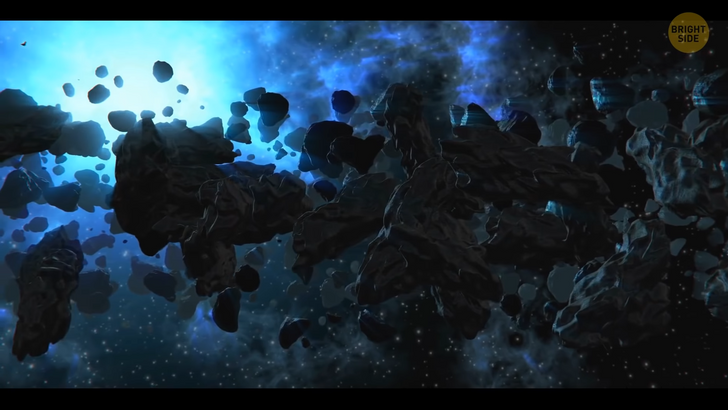
Resolution comes, unexpectedly, from impending danger. It turns out that the ship is heading towards a wide and unusually dense asteroid belt. The celestial bodies are packed so tight they leave hardly any space for the ship to maneuver. A collision at the current speed is inevitable.
The only hope left for humanity is to go all out on building the FTL engine. The work takes months, but it’s united people once more. Everyone works around the clock and only sleeps as much as they need to regain strength. While half the people help build the engine, the other half pedal the bikes to generate energy. There’s once again a glitter of hope that humanity will be able to find a new world with enough space for everyone.
The risks are sky-high, but there’s no choice. The energy is only enough for a single attempt to jump. If it fails, humankind could be stranded in outer space on a broken starship. Before the jump, people send a capsule with information about humanity into space. They upload videos, movies, music, and the entire history of humankind onto several massive hard drives. This is the only chance to leave a small footprint in the universe if they don’t succeed.
Everyone is ready. All power is transferred to the engine. People lie down in small capsules and put on oxygen masks. There is a single desire: to wake up in a new world or not at all. No one’s ready to watch the fall of humanity. Capsules are locked, and people close their eyes. The engine is on. The countdown begins. Three. Two. One... Jump.











